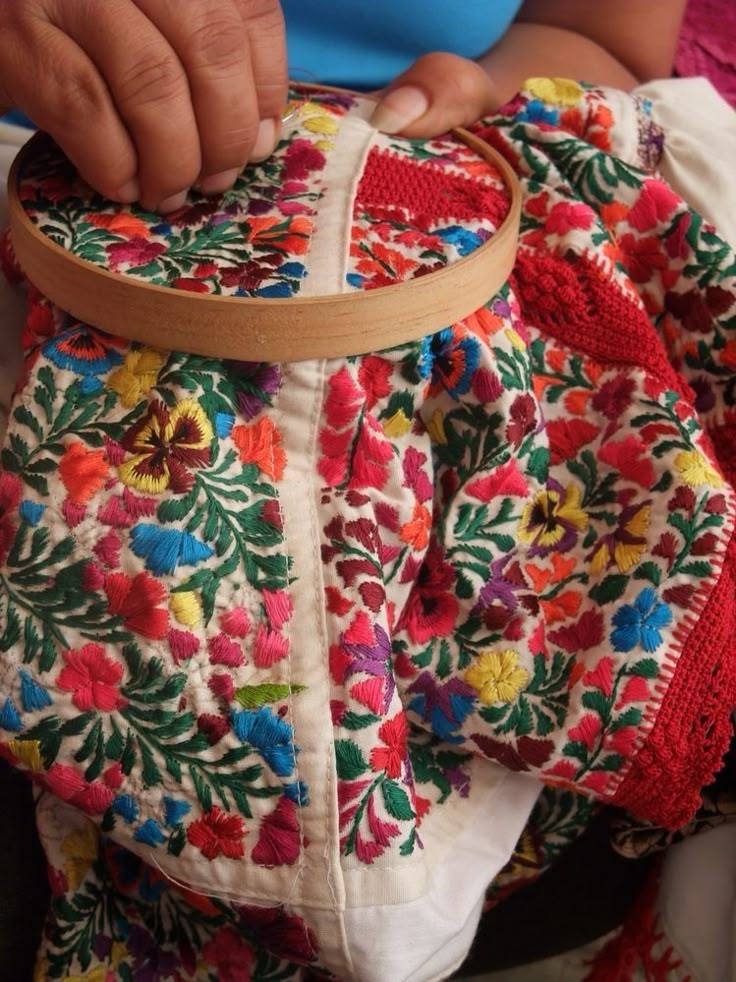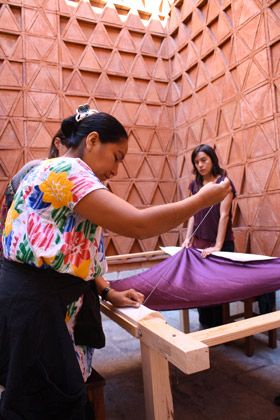Introduction
Bargaining, or regateo, is deeply embedded in many cultures, especially in Latin America. While some see it as a fun and strategic way to shop, the reality is that constant price haggling can have a negative impact on artisans and small business owners. In the world of handmade fashion, textiles, and accessories, regateo often undervalues the labor, skill, and cultural heritage behind these products.
The Tradition of Regateo: A Double-Edged Sword
n many local markets, bargaining is a longstanding tradition. It allows for a dynamic interaction between sellers and buyers, creating a sense of engagement in the shopping experience. However, when applied to handmade clothing, jewelry, and accessories; especially those created by independent artisans, the practice can be harmful rather than beneficial.
The Impact of Bargaining on Fashion Artisans and Handmade Goods

1. Devaluing the Work of Artisans
Handmade garments, embroidery, and accessories require hours; or even days, of skilled labor. When customers insist on lower prices, they unintentionally undermine the craftsmanship and effort that goes into each piece. Many artisans already price their goods modestly to stay competitive, leaving little room for negotiation without sacrificing their earnings.
2. The Struggle for Fair Wages in Fashion
Unlike mass-produced fast fashion, handmade pieces do not benefit from economies of scale. Artisans rely on fair pricing to sustain their livelihood, purchase quality materials, and continue their craft. Excessive bargaining can push them to accept prices that do not cover their costs, making it difficult for them to compete in the fashion market.
3. Cultural Appropriation vs. Cultural Appreciation in Fashion
Many traditional garments, textiles, and accessories carry deep cultural significance, reflecting centuries of indigenous or regional craftsmanship. Tourists and shoppers who bargain aggressively may not realize they are devaluing cultural heritage by treating these unique pieces as mere souvenirs rather than works of wearable art. Respecting the price set by artisans is a way to honor and appreciate their traditions.
4. The Economic Ripple Effect on Sustainable Fashion
When artisans are pressured to lower prices, it doesn’t just affect them; it impacts entire communities and the future of sustainable fashion. Many depend on collective efforts where families or small cooperatives share responsibilities in production and sales. Bargaining down prices can limit their ability to reinvest in better materials, expand their business, or support their families, ultimately threatening the sustainability of ethical fashion.
Shifting the Mindset: Supporting Ethical and Sustainable Fashion
To foster a more sustainable and fair shopping culture, consumers can take proactive steps:
- Understand the Value of Handmade Fashion – Recognize the effort, skill, and cultural importance behind each garment or accessory.
- Pay Fair Prices for Ethical Fashion – Instead of bargaining, ask artisans about their process and the meaning behind their work.
- Support Directly from Artisans – Buy from independent designers, fair-trade markets, and cooperatives that ensure fair wages.
- Educate Others on Sustainable Shopping – Spread awareness about the negative impact of regateo on small-scale creators and sustainable fashion

Conclusion: The True Cost of a Bargain in Fashion
While regateo may seem like an innocent shopping strategy, it has far-reaching consequences for fashion artisans and local businesses. Choosing to pay fair prices is a step toward preserving cultural heritage, empowering creators, and ensuring that traditional craftsmanship continues to thrive in the world of ethical fashion. Ethical shopping isn’t just about buying; it’s about valuing the people behind the products.



